Swiss Turks say No in controversial referendum
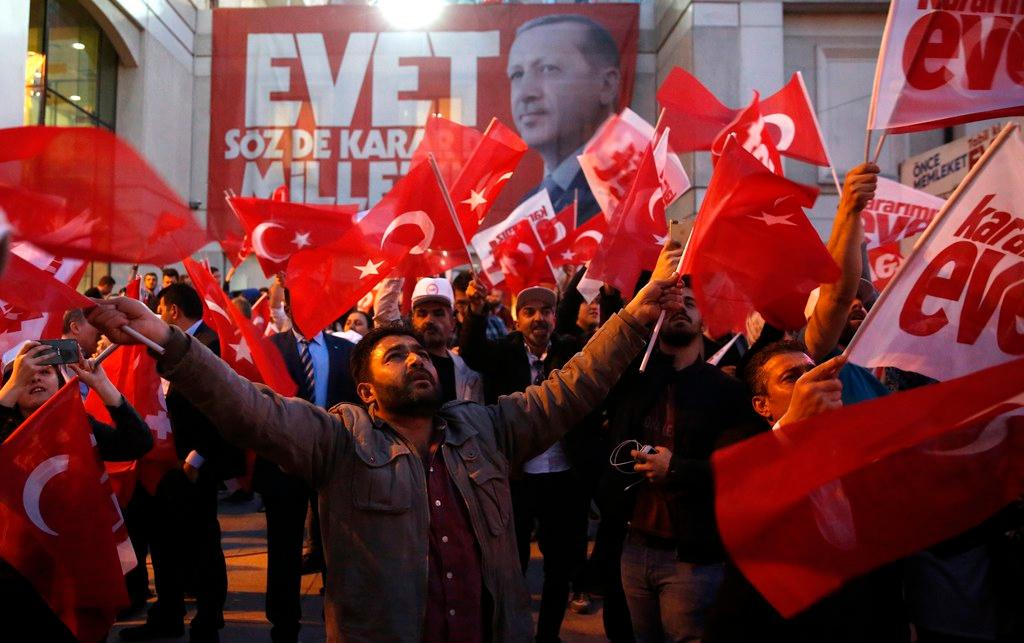
A controversial proposal to extend the powers of Turkish President Recep Tayyip Erdogan has been rejected by with an overwhelming majority of the Turkish expatriates in Switzerland.
The Turkish embassy to Switzerland said 38% of expat voters threw out Sunday’s constitutional referendum.
Just over 57% of the 95,263 eligible citizens took part in the ballot, casting their vote at the Turkish embassy in Bern or the Turkish consulates in Zurich and Geneva between March 27 and April 9.
Elsewhere the Turkish diaspora reportedly approved the referendum with 59% of the vote, according to partial results published by the Turkish Anadolu news agency.
Contrary to other Turkish expat communities in Germany, Austria and France, there is a sizeable community of Kurds in Switzerland.
Overall, 51.4% of voters backed the biggest overhaul of modern Turkish politics, which will replace Turkey’s parliamentary system with an all-powerful presidency and abolish the office of prime minister.
However, opponents said the vote was marred by irregularities, demanding a recount of the votes.
Final results are due to be published before the end of the month.
Turkish diaspora
Reaction from the Turkish diaspora in Switzerland has been mixed.
The Swiss chapter of the Peoples’ Democratic Congress, a leftwing party opposed to Erdogan, says it expects its members will come under increasing pressure from supporters of the Turkish regime.
A spokesman called on the Swiss government to be critical of the violations of democratic rules and of the violence in Turkey.
The main pro-Erdogan organisation in Switzerland, Union of European Turkish Democrats, has not commented the result.
The president of the Federation of Turkish Associations in French-speaking Switzerland says the result of ballot among the Turkish community in Switzerland was to be expected.
He believes the constitutional reform will have little impact on the Turkish diaspora.
Swiss reaction
For its part, the Swiss foreign ministry says it has taken note of the referendum result but declines to comment alleged irregularities.
“Switzerland attaches high importance to the respect of democratic principles, including the separation of powers, an independent justice, strong control mechanisms and the right to free speech.”
A ministry spokeswoman also said the re-introduction of the death penalty in Turkey would contravene international commitments.
The statement reiterates previous calls on the government in Ankara to respect basic rights and principles of the state of law.
“In the light of the latest challenges in Turkey, the Swiss government considers an open, direct, critical and constructive dialogue with the Turkish government as the most promising way to champion the interests and values of Switzerland.”
A ‘dark day’
In its editorial, the Tribune de Genève newspaper describes it as a “dark day” for democracy. Although “a death knell rings for the secular Turkey desired by Kemal Ataturk” [founder of the modern Turkish democracy in 1923], Erdogan still needs to overcome substantial internal opposition to fully impose his vision on a divided country. Kurds, urbanites, and intellectuals still oppose the “new sultan” – writes the paper.
However, the Tribune de Genève notes, it is worrying that he has further ideas: notably the reintroduction of the death penalty.
The Neue Zürcher Zeitung strikes a similar tone, showing little understanding for Erdogan’s way of celebrating victory.
“Such a close result would make the rulers in every other democracy worry,” the editorial says. “What kind of a president is this who has nothing better to do than to talk about the re-introduction of the death penalty?”
The NZZ online says consensus and reconciliation would be badly needed in Turkey, but “but this is not Erdogan’s style”.
A ‘struggling country’
Le Temps writes that although “the triumphal march” of Erdogan continues, it should not be seen as an ultimate symptom of a global slide towards illiberalism.
Citing the examples of Trump, Brexit, and Poland, the editorial notes that populists are often forced to climb down from their angry rhetoric once in power.
Of course, it warns, the global absorption capacity has limits, and the day may yet come when one of the increasing “strong men” decides to make a real difference. “We cannot yet say that the populist risk has been managed,” the paper says.
The tabloid Blick, which openly called on Turkish expatriates in Switzerland to reject the sweeping presidential powers in the run-up to the Sunday vote, says the result marks the end of a democratic system in Turkey for a long time to come.
“Turkey’s voters have decided to give up the highest value of a state: democracy.”
The Blick editorialist adds that Turkish voters were blinded by a politician who makes a lot of promises and boosts their self-esteem by defying the European Union.
The Turkey correspondent of the Tages-Anzeiger and Bund newspapers says many people in Turkey may feel they are being denied a future.
He concludes that the country is split in two and it might be difficult enough to mend the rift. Referring to the campaign rhetoric of Erdogan and Prime Minister Binali Yildirim, the reportage from Istanbul ends on a pessimistic note: “In any case, the result shows to what extent the country is struggling with itself.”
(With input from Domhnall O’Sullivan)

In compliance with the JTI standards
More: SWI swissinfo.ch certified by the Journalism Trust Initiative

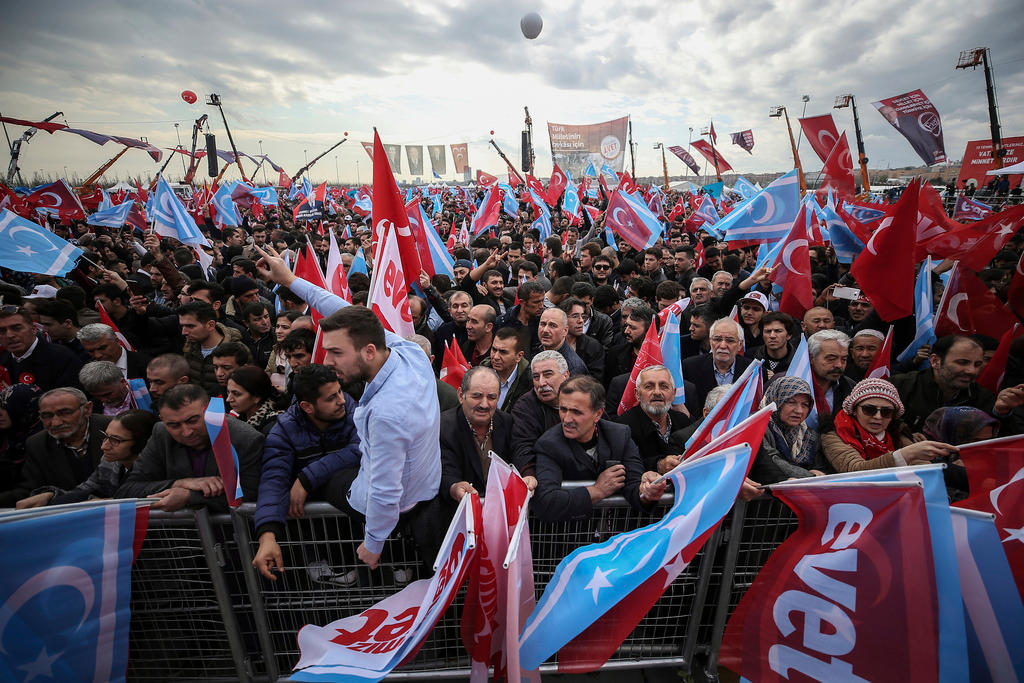
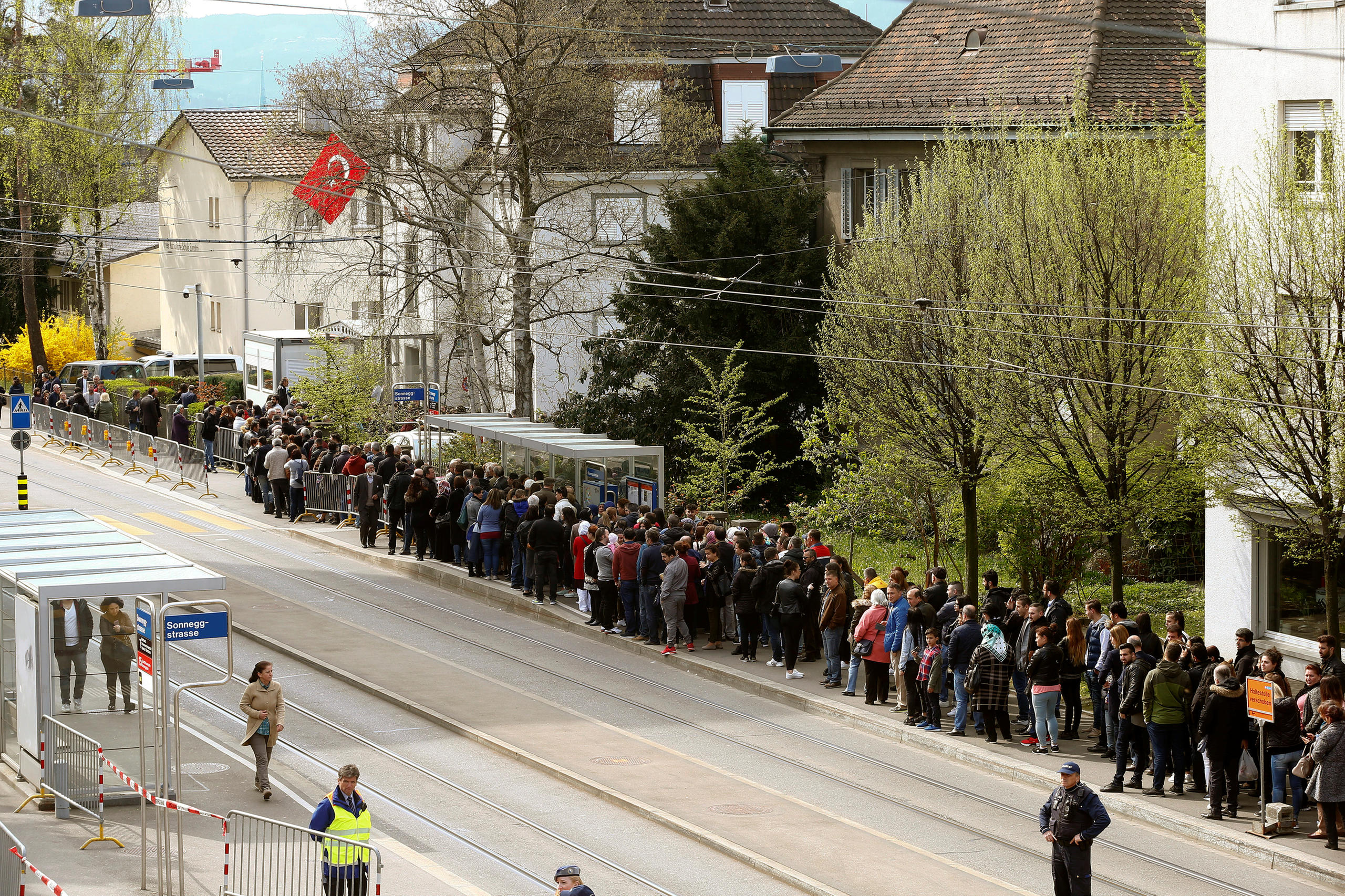
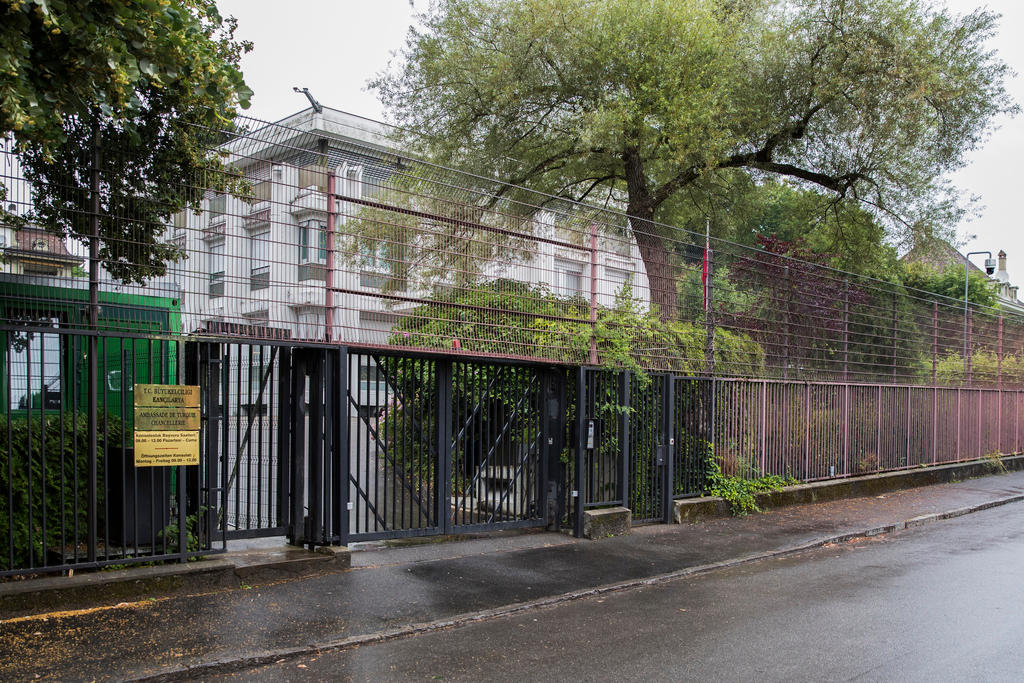
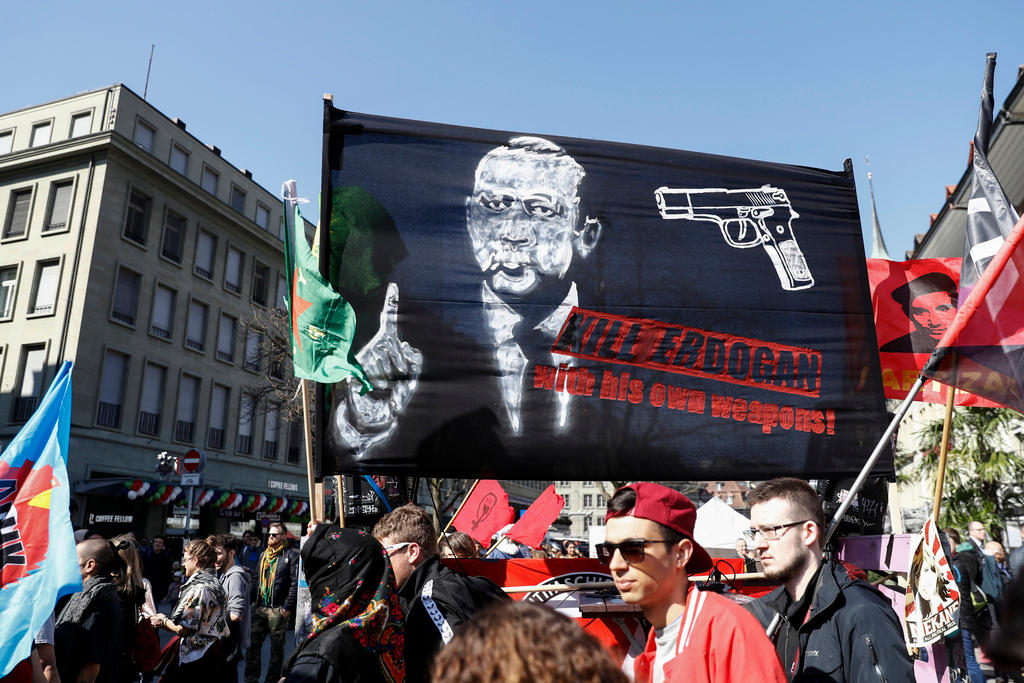

You can find an overview of ongoing debates with our journalists here. Please join us!
If you want to start a conversation about a topic raised in this article or want to report factual errors, email us at english@swissinfo.ch.